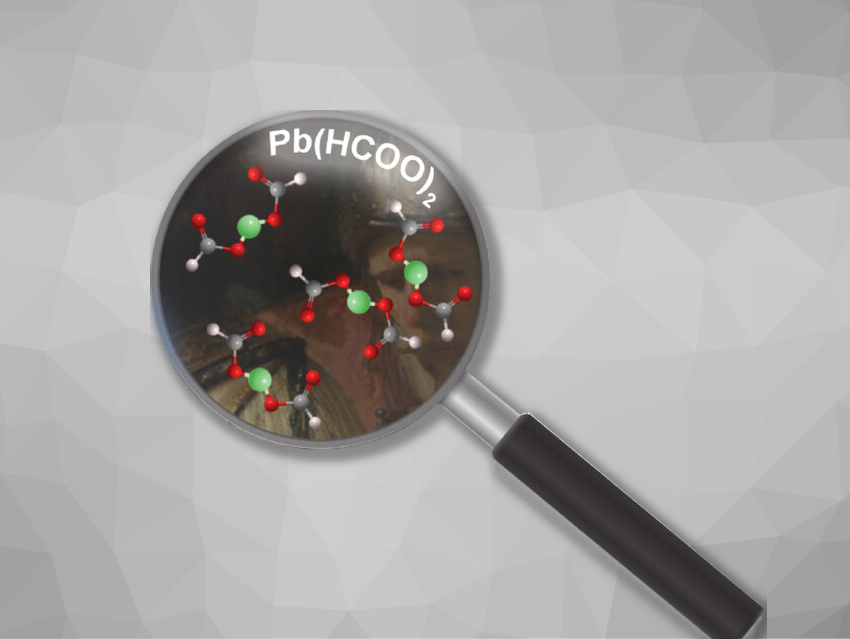In this issue, Regina Palkovits et al. review innovative electrochemical strategies for hydrogen production, and Jianzhang Zhao et al. discuss charge transfer in molecular electron donor–acceptor systems. The Minireviews deal with graphdiyne-based single-atom catalysts with different coordination environments (Mei Wang et al.) as well as macromolecular information transfer (Svetlana Samokhvalova and Jean-François Lutz). In a Highlight, Zahid Hassan and Stefan Bräse point out work on stacking cyclophanes into chiral microvessels.
In the original research section, Victor Gonzalez et al. describe the detection and distribution of lead(II) formate in Rembrandt’s “Night Watch”. Aitao Li et al. transformed inert cycloalkanes into α,ω-diamines by designed enzymatic cascade catalysis. Omar K. Farha et al. controlled pore apertures to achieve hydrocarbon separation based on size exclusion. Oliver Dumele et al. present a fourfold gold(I)-aryl macrocycle with hyperbolic geometry and its reductive elimination to a carbon nanoring host.
- Angewandte Chemie 16/2023: Innovation Watch,
Angew. Chem. Int. Ed. 2023, 62 (16).



